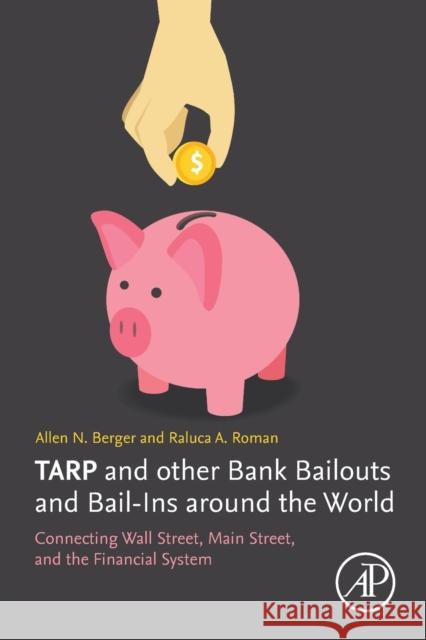Tarp and Other Bank Bailouts and Bail-Ins Around the World: Connecting Wall Street, Main Street, and the Financial System » książka
topmenu
Tarp and Other Bank Bailouts and Bail-Ins Around the World: Connecting Wall Street, Main Street, and the Financial System
ISBN-13: 9780128138649 / Angielski / Miękka / 2020 / 300 str.
Tarp and Other Bank Bailouts and Bail-Ins Around the World: Connecting Wall Street, Main Street, and the Financial System
ISBN-13: 9780128138649 / Angielski / Miękka / 2020 / 300 str.
cena 382,94
(netto: 364,70 VAT: 5%)
Najniższa cena z 30 dni: 381,36
(netto: 364,70 VAT: 5%)
Najniższa cena z 30 dni: 381,36
Termin realizacji zamówienia:
ok. 30 dni roboczych
Bez gwarancji dostawy przed świętami
ok. 30 dni roboczych
Bez gwarancji dostawy przed świętami
Darmowa dostawa!
Kategorie:
Kategorie BISAC:
Wydawca:
Academic Press
Język:
Angielski
ISBN-13:
9780128138649
Rok wydania:
2020
Ilość stron:
300
Waga:
0.63 kg
Wymiary:
22.86 x 15.24 x 2.44
Oprawa:
Miękka
Wolumenów:
01
Dodatkowe informacje:
Bibliografia











